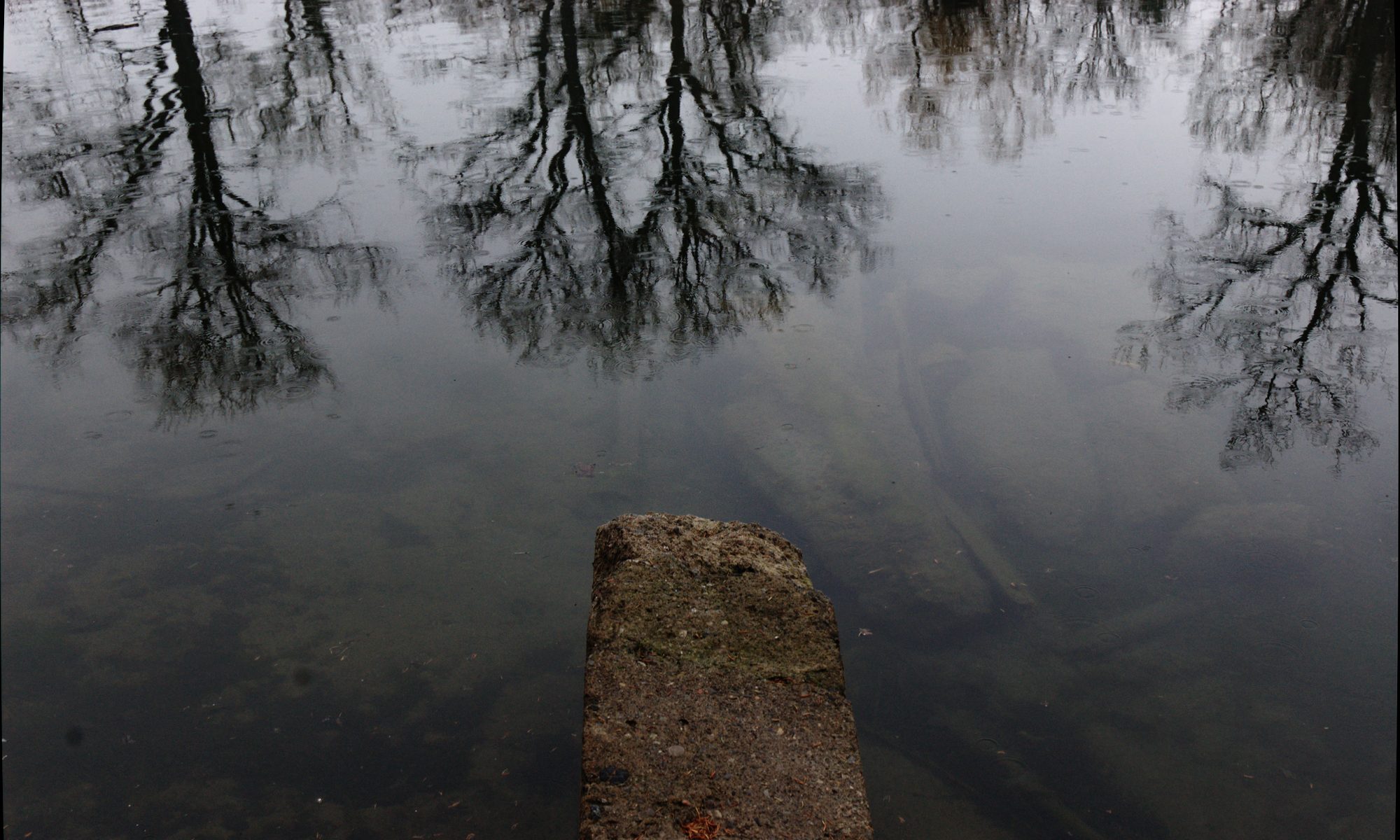Well over two months without a writing project to put my mind to, and I’m still alive and functioning, if sometimes feeling purposeless. I find myself asking what “normal” is after all. Last year, with all my writing haunts closed because of lockdowns, I was stuck writing from home, a 750 square ft shared condo w/ a terrace. I slapped on a pair of over-the-ear headphones, put my head down and pushed myself to lay at least 1,000 words down per weekend, which, given I had nowhere to go, ended up being a successful, if arbitrarily chosen, formula (prior to this, my formula was a little more haphazard: go out, sit somewhere and fucking write for a least two hours — no emphasis on word count or quantitative stuff. I have thoughts on this I’ll share later). By November of 2020 I had the the first draft of Book Three. It felt like I’d gone to a Writer’s Gym, if such a thing existed, and getting so much done in such a comparatively short period of time had a lot of implications on how I saw and approached my craft. In short, it became less magical / alchemical and more about persistence / stamina. I should qualify “magic / alchemical” as to be a figurative way of saying “having the elements and inspiration of your project more or less come to you through a more slacker-friendly means; organic but not undisciplined.”
In 2020 I found that less (choice in where I wrote) begat more (output, inspiration-by-diktat), and I’m happy to have some time to reflect on this now. When I’m lucky enough to be able to afford a week at a writing retreat it’s different — those times are purpose-built, so of course I’m going to be productive (and also I tend to use retreats for revising rather than creating raw material, though that inevitably happens in the process). The question is going to be how I approach writing now that my old haunts are opening up again, or at least the ones that haven’t shut down.
I’m careful to note that epiphanies generated under extraordinary circumstances sometimes only make sense under extraordinary circumstances. I know I can deliver the goods — quantitatively and qualitatively — in a single sitting whereas before I would’ve felt chuffed if I’d been able to do both. Speaking of being careful, I also want to remind myself that I didn’t have a life for over a year, on top of a full-time day job that became exacerbated by my own anxiety and the collective anxiety of clients and everyone around me. I’m not, in other words, championing or abandoning any particular approach, only noting what is possible under certain circumstances, some of which may be more doable and/or replicable than others. Let’s not forget there are also half-ways and acceptable compromises in any art form. I’m happy with what I was able to accomplish with Book Three, but I fear a top-down, capitalist you-should-obviously-write-a-book-a-year bullshit coming into my life. I’m not privately wealthy. I’m not a trust fund kid. I got bills. I need to think about what my life is going to look like in a decade, given that I have no pension, that I’m self-employed, and that any notion of being a Full-Time Author is more than a little naive.
I’m lucky and grateful for the opportunities I’ve been able to take advantage of, but making writing its own career is a bit of a pipe dream when you’re 50. That’s reality.


